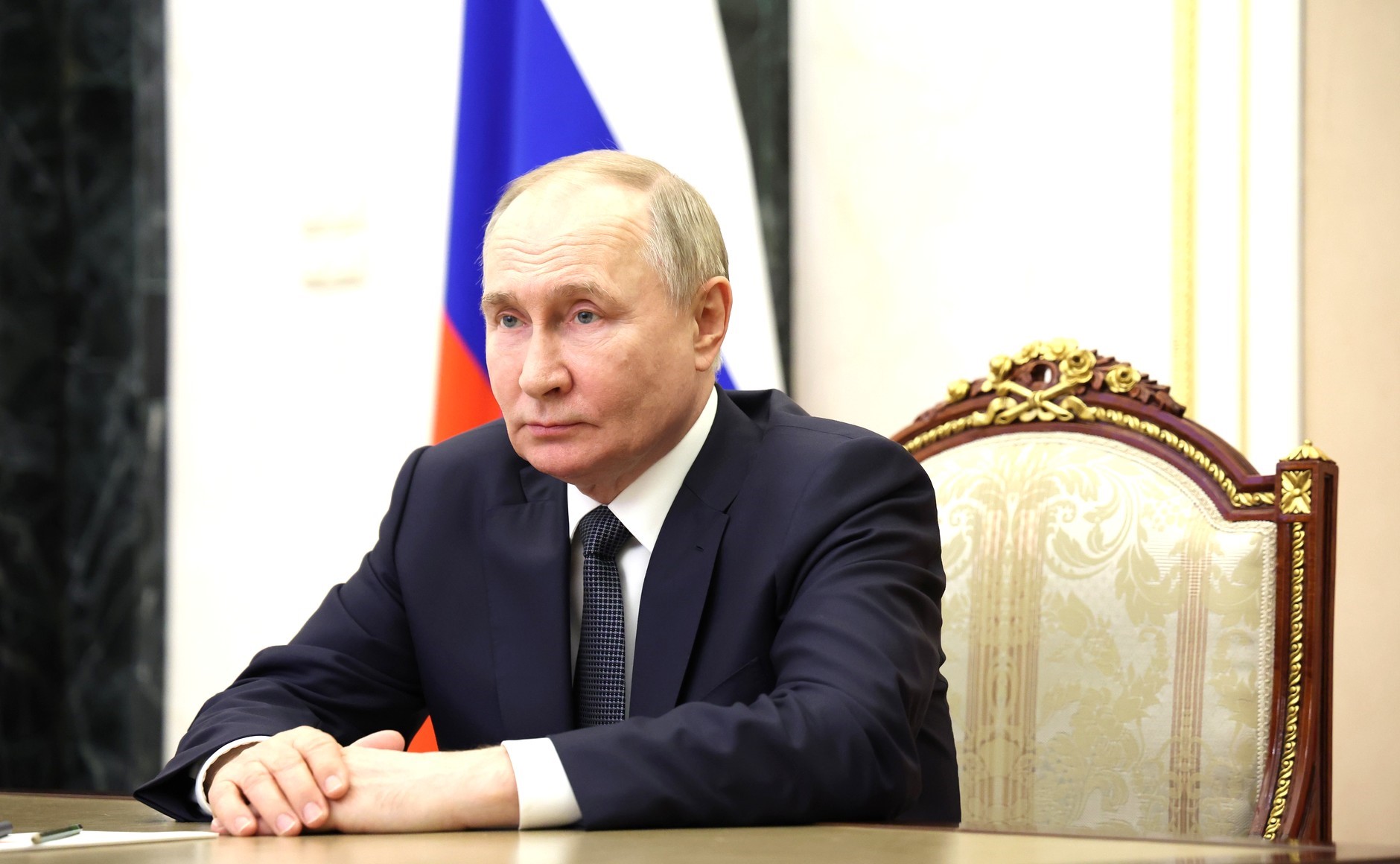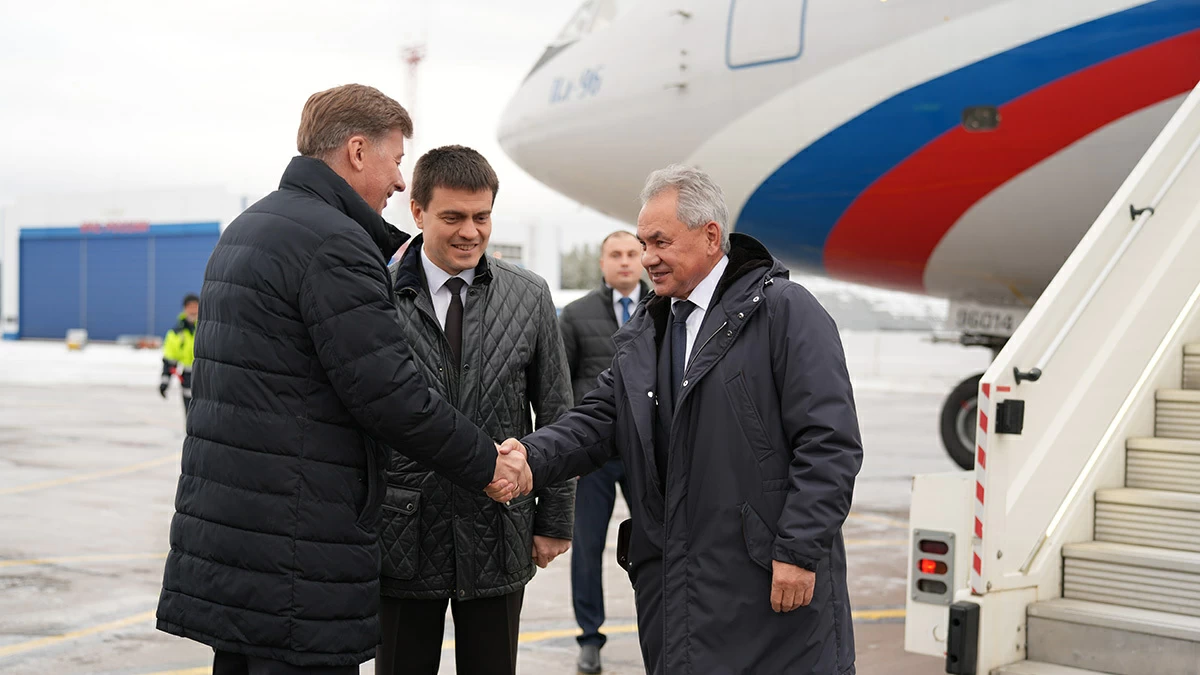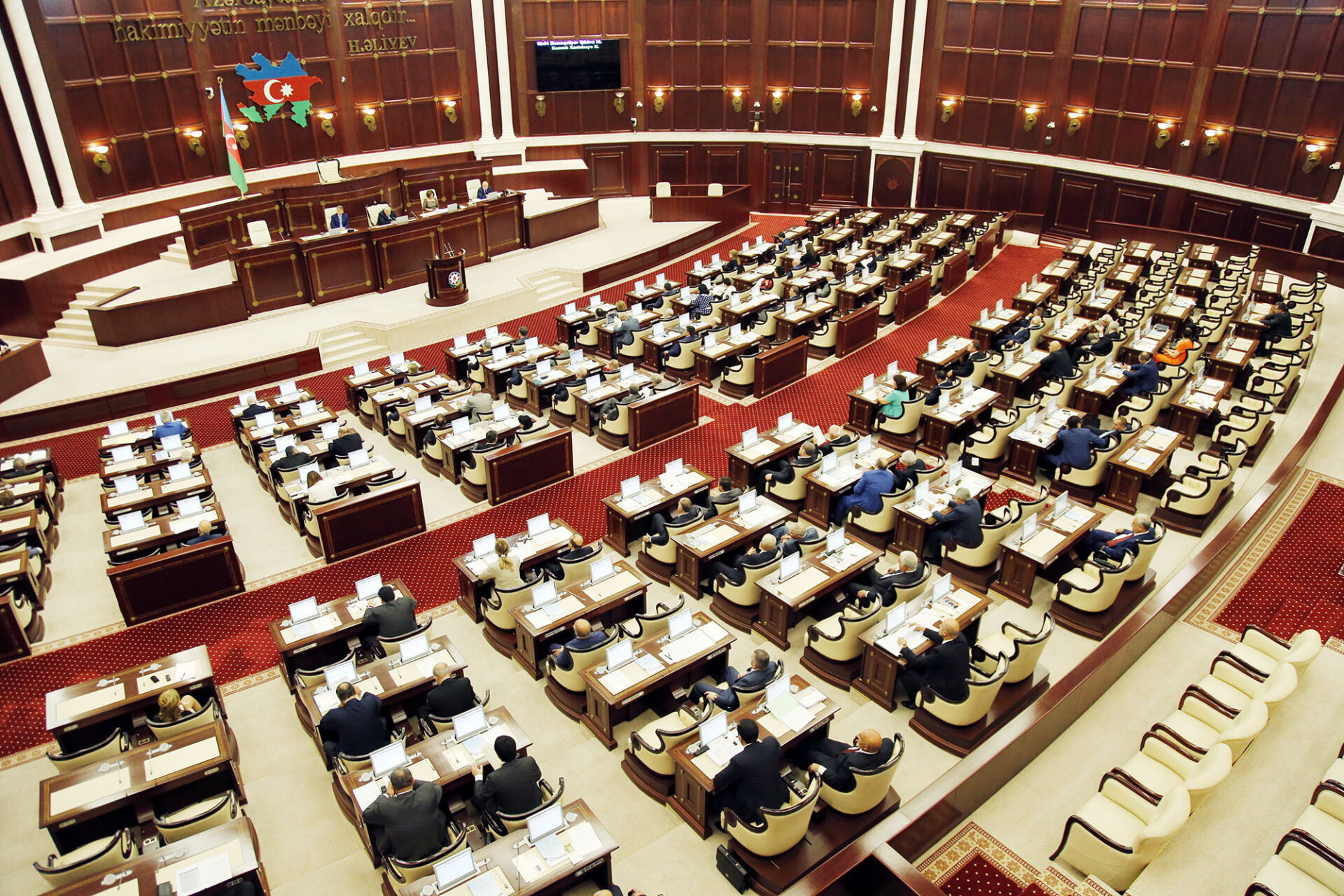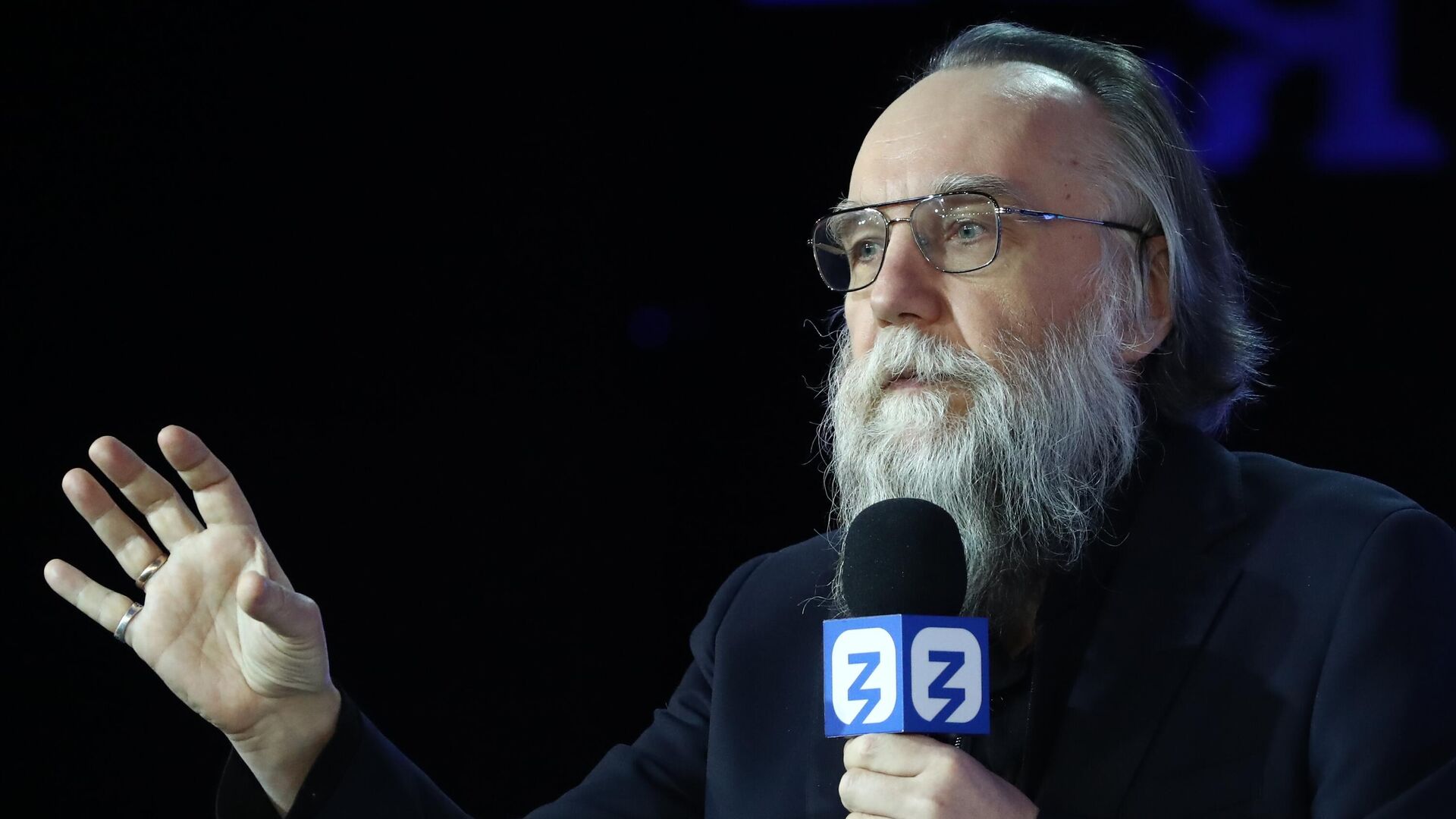
Transition to a ‘Post-Putin’ Russia Threatens to Be Prolonged
Transition to a ‘Post-Putin’ Russia Threatens to Be Prolonged
Executive Summary:
- President Vladimir Putin once again installed new governors in several of Russia’s regions, with special focus given to the expected regional response to the appointments in Khabarovsk Krai and Kaliningrad oblast.
- The mission of these new appointees is to suppress the interests of local populations and impose the Kremlin’s unitary policies in an effort to fight against rising regionalism in Russia.
- Moscow’s “long war” against Ukraine looks to prolong a post-Putin transition, as the Kremlin does not yet face existential crises similar to those that brought down the Soviet Union.
In May, Russian President Vladimir Putin carried out another series of dismissals and new appointments of Russian governors (RBC, May 15; RBC, May 30; RBC, May 31). Putin’s habitual intervention into regional politics has long made the word “federation” in Russia’s official name purely nominal (see EDM, October 6, November 10, 2022, June 29, 2023). In response, some “post-Putin” groups assert the need to press for more autonomy, if not outright independence from Moscow. The Kremlin’s “long war,” however, has seemingly extended the timeline for these groups to achieve their goals.
The situation in two Russian regions far from one another but strategically important to the Kremlin are of particular interest: Khabarovsk Krai in the Far East and Kaliningrad oblast in Central and Eastern Europe. Both regions are known for their long-term protest activity and demands for greater self-government. Since the 1990s, the Baltic Republican Party has been active in Kaliningrad, demanding the transformation of the Russian exclave in Europe into an autonomous Baltic republic (Region.expert, November 19, 2020). Khabarovsk loudly announced itself in 2020 with mass protests in support of freely elected local governor Sergei Furgal, who had been arrested by the Russian Federal Security Service (Region.expert, July 23, 2020).
Putin’s recent appointments in these regions brought in officials to serve as governors who, in the Russian political lexicon, are referred to as “Varangians”—those who have no real connections to the region. Such appointees, in principle, struggle to represent the interests of the local population. Their mission is the opposite: to suppress these interests and impose the Kremlin’s unitary policies (see EDM, October 6, 2022).
For insights on the regional response, independent journalists from Kaliningrad and Khabarovsk were asked the same question last month in personal interviews: is it possible that during the “single voting day” on September 8, when the population of both regions must approve the Kremlin appointees, there will be any surprises in the form of opposition to the nominated candidates? The journalists expressed skepticism about the possibility of mass protests this year. One in particular said, “People abroad do not often imagine that during wartime, all regional politics in Russia have turned into scorched earth; it was ‘bombed’ like Ukrainian cities” (Author’s interview, May 2024). Today, any Russian politicians who advocate for the interests of their regions risk immediately becoming subject to criminal charges and may be classified as a member of the non-existent “Anti-Russian Separatist Movement” (see EDM, May 8).
Even so, regionalist movements are growing, mainly among those who find themselves in exile abroad and, therefore, have limited influence on politics within Russia. In 2022, the promising Free Nations of Post-Russia Forum emerged as a natural reaction of colonized peoples and regions to the Kremlin’s imperial war against Ukraine (see EDM, August 10, 2022). Over the two years of its existence, the forum has carried out important work in introducing Western populations to the ethnic and regional diversity of Russia—often breaking the template that the country is inhabited by the “same Russians” with a united identity. For this, Moscow classified the forum as an “undesirable organization,” which rendered any cooperation with the organization by those remaining in Russia extremely risky (Svoboda, March 17, 2023).
This development has limited the forum’s effectiveness, though it has seen some success (see “Russia’s Rupture and Western Policy,” April 16; Mid.ru, May 18). The organization has already held more than ten sessions in different countries around the world, with many of the same political emigrants participating as speakers. As a result, some observers have been given the impression of a kind of “virtual reality,” in which the forum’s participants live in a world very different from that of their fellow citizens in Russia (NV.ua, June 4). Many residents of Russia’s various regions seek to increase their self-government, but the Kremlin’s imperial propaganda makes many fear reprisals. Therefore, some reject ideas of “complete independence” as radical and suspect that Western intelligence services have developed such a strategy.
In addition, others have questioned the legitimacy of the governments in exile of the various Russian republics created abroad, as these bodies have been largely self-appointed. Here, it is useful to recall the history of the governments in exile of the Baltic countries created in the West after World War II. These were completely legitimate institutions, though none of the governments came to power after the restoration of independence in 1991. The new governments were elected from locals who did not immediately put forward the slogan of independence but gradually worked toward that goal as the Soviet Union became embroiled in existential crises (RBC, December 21, 2021).
The domestic situation in today’s Russia has yet to reach a similar crisis, though fissures are beginning to show in the form of growing societal discontent, a struggling economy, and declining demographics (see Bugajski, Failed State: A Guide to Russia’s Rupture, July 2022; EDM, July 5, August 18, 2022, April 3, 16). While Russia has seen success in circumventing Western sanctions, tightening some measures could put more pressure on Putin’s Kremlin. However, these sanctions often hit ordinary Russian citizens who do not make political decisions. Thus, the sanctions regime can be amended to target the true political, military, and elite perpetrators of Moscow’s invasion while limiting collateral damage to the general population. Winning the “hearts and minds” of the Russian populace is central to preparing for the prospects of future existential crises in Putin’s Kremlin.
This process nevertheless looks to be dragged out due to Moscow’s shift to a “long war” footing in Ukraine. After Ukraine’s successful counteroffensive in September 2022, analysts predicted that Putin’s Kremlin was on the immediate verge of collapse. However, that has yet to happen and has led to diminished optimism among some groups. While many members of regional and national movements continue to live in expectation of “hour X” when the Kremlin regime will fall, the wait for this “bright future” threatens to be prolonged.


